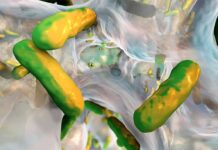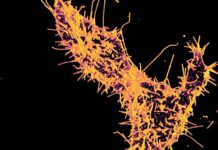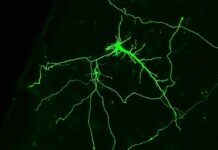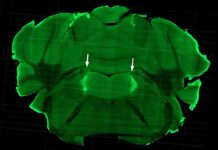Uncovering the Mechanism: Synthesis of CCHa1 Peptide
A recent study has indicated that a protein-rich diet may lead to a better quality of sleep in both flies and mice, as it reduces their arousability. The research discovered that when dietary proteins are consumed, cells within the gut become activated, resulting in the secretion of a peptide known as CCHa1. This peptide, in turn, signals a group of neurons responsible for regulating responses to mechanical vibrations.
Analyzing 3,400 Fly Genes
The researchers conducted a detailed analysis of the roles of around 3,400 genes in flies. This analysis aimed to understand how we can disconnect from sensory information during sleep. The research discovered that CCHa1 is synthesized both in the brain and in the gut. Moreover, it was found that removing CCHa1 in the gut led to an increase in arousability among flies. The team then supplemented the flies’ diet with a protein mix, resulting in an increase in CCHa1 levels in the gut. As a result, the flies became less responsive to vibrations while they slept. In contrast, sugar and fat supplementation did not produce the same effect.
Protein-Rich Diet and Sleep in Mice
Furthermore, the researchers observed that a protein-enriched diet also led to a greater difficulty in waking up mice in response to mechanical vibrations. This result indicated that the diet had a similar effect to that seen in flies. However, the study did not explore whether the mechanism involved was identical.
The Promotion of “Deeper Sleep”?
The authors of the study described the effect of protein intake and CCHa1 levels as promoting “deeper sleep” in animal models. Nevertheless, neuroscientist Bruno van Swinderen has cautioned against using this term. He emphasized that deeper sleep involves specific functions that were not assessed in this study. Despite this, the research findings demonstrate that the intake of dietary protein can impact sleep quality and behavior.
Conclusion
In conclusion, the research conducted has indicated that a protein-rich diet can enhance the quality of sleep in flies and mice by reducing their arousability. The study also uncovered the mechanism that underpins this relationship: the activation of gut cells that secrete the CCHa1 peptide, which signals to the group of neurons responsible for regulating responses to mechanical vibrations. The study’s findings provide evidence that diet can influence both sleep quality and behavior.
Google News | Telegram
















